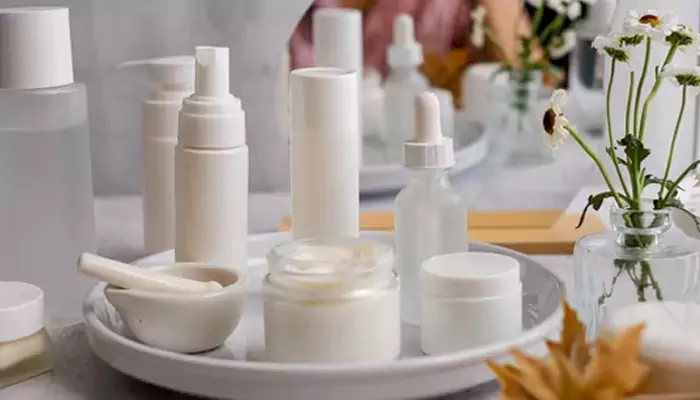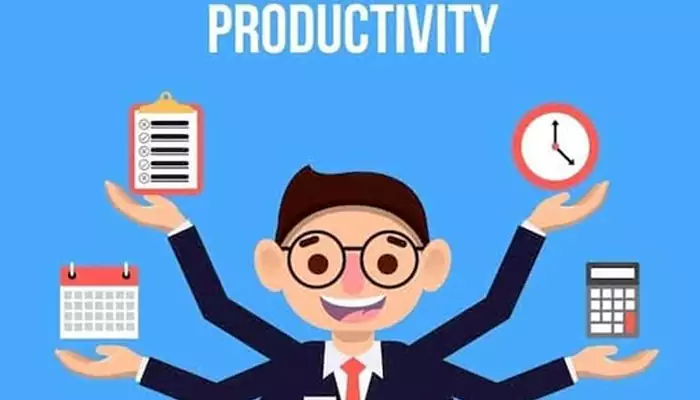
No coffee is richer or fuller than that made in a French press. This uncomplicated, efficient coffee maker has long been the darling of those who love coffee and want it bold and fragrant. However, simplicity does not imply complete foolproof operation, and even advanced coffee consumers can sometimes make mistakes that lead to less than an ideal cup of joe.
Be it a beginner's guide or perfecting the brew with the French press, here's a guide through some of the most common mistakes and how to avoid them. Let's make sure your next cup is nothing short of perfect!
Wrong coffee grind size
One of the top mistakes people make with a French press is badly grinding the beans. While most every other coffee-brewing technique involves ground coffee that's at least somewhat fine, the French press involves coarsely ground coffee. Using a grind that's too fine can result in overextraction, which causes a cup of coffee to taste bitter and sludgy. Fine grounds can also pass through the filter, leaving sediment at the bottom of your cup.
Not measuring coffee and water properly
The whole process of making coffee is one of precision, and always guessing how much you have placed in the container results in brews that are inconsistent. Too little coffee used makes the brew weak, and too much used overpowers the flavors of the brew into creating a very, very bitter taste. Similarly, this can happen using either way too much or way too little, and an imbalanced coffee-to-water ratio would be the result.
Water that is too hot or too cold when being poured
Water temperature is the most critical factor in brewing good coffee. Very hot water above 205°F/96°C will burn the coffee grounds, while too-cold water will lead to under-extracted coffee that's weak and flat. The ideal water temperature is around 195°F - 205°F (90-96°C). If you do not have a thermometer, let boiling water sit for some time-about 30 seconds-prior to pouring over grounds.
Not stirring the coffee grounds
Specifically, right after hot water has been poured over the coffee grounds, many people do not take care of one important step: stirring. When you do not stir the grounds, they usually tend to stay atop of the water rather than getting thoroughly submerged by it. Consequently, this may lead to some uneven extraction and a weak brew.
Brewing for the wrong amount of time
Brewing time is another factor that can make or break your French press coffee. Too short, it results in under-extracted and weak coffee; too long, it becomes bitter and over-extracted. The sweet spot when brewing with the French press usually lies between 4 to 5 minutes.
Plunging too quickly
The most common mistake made at this stage is hurrying and banging down on the plunger. You end up jolting the grounds through the filter and giving yourself a gritty cup of coffee. You may make a mess when it starts spilling over if you push too hard.
French press is an amazing brewing method that can result in an awesomely full-bodied, rich cup of coffee. By avoiding these common mistakes and following a few basic tips, you will elevate your coffee game and be able to enjoy a consistently great cup each time.












